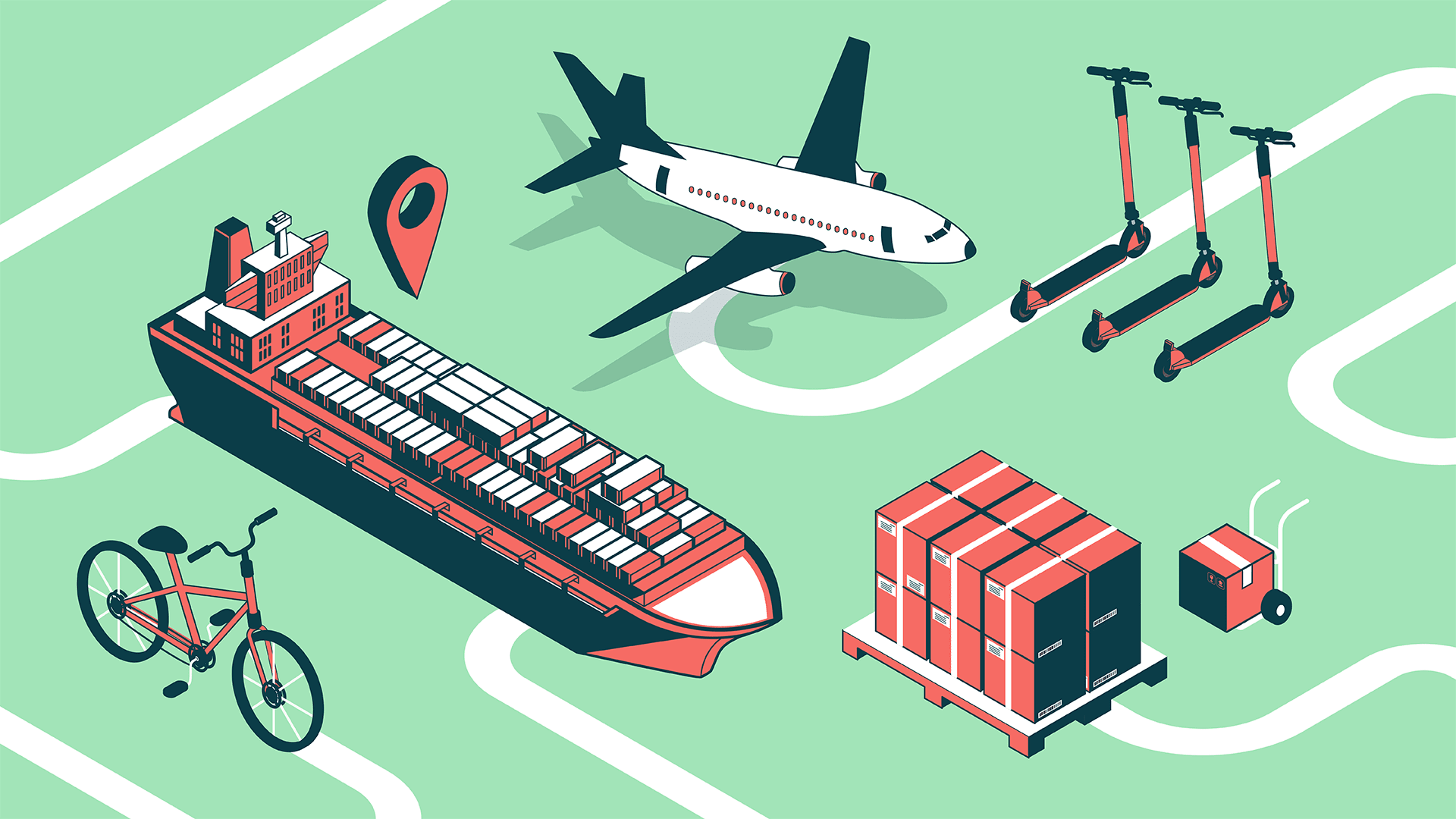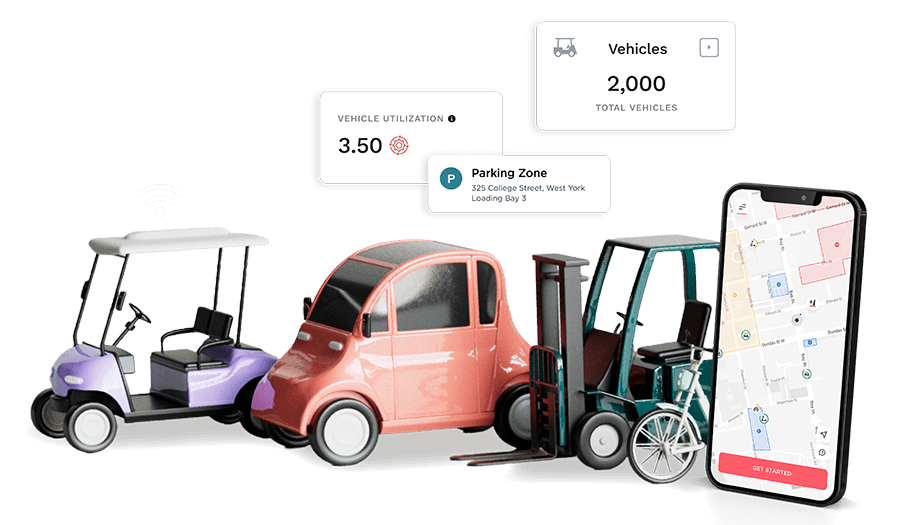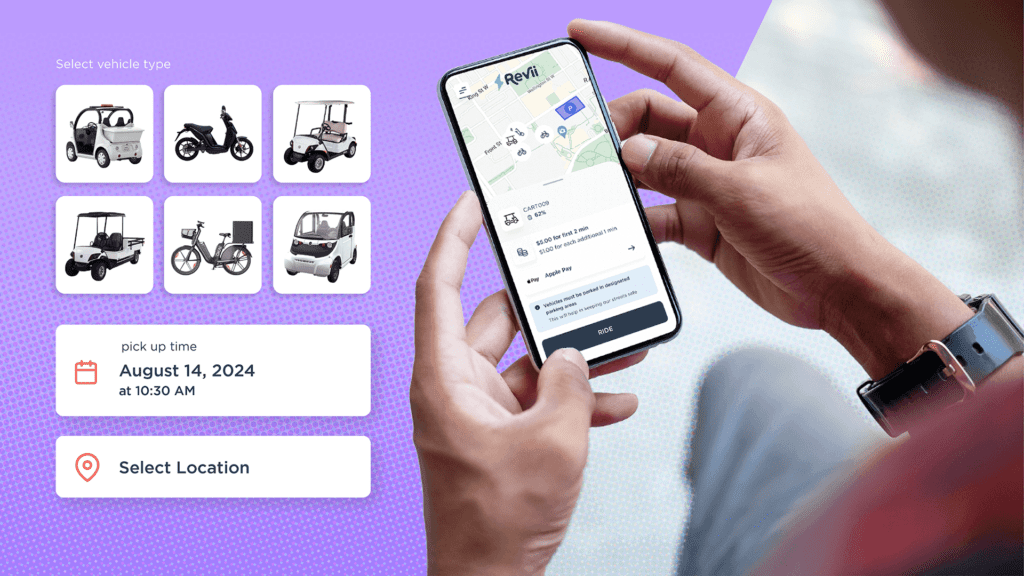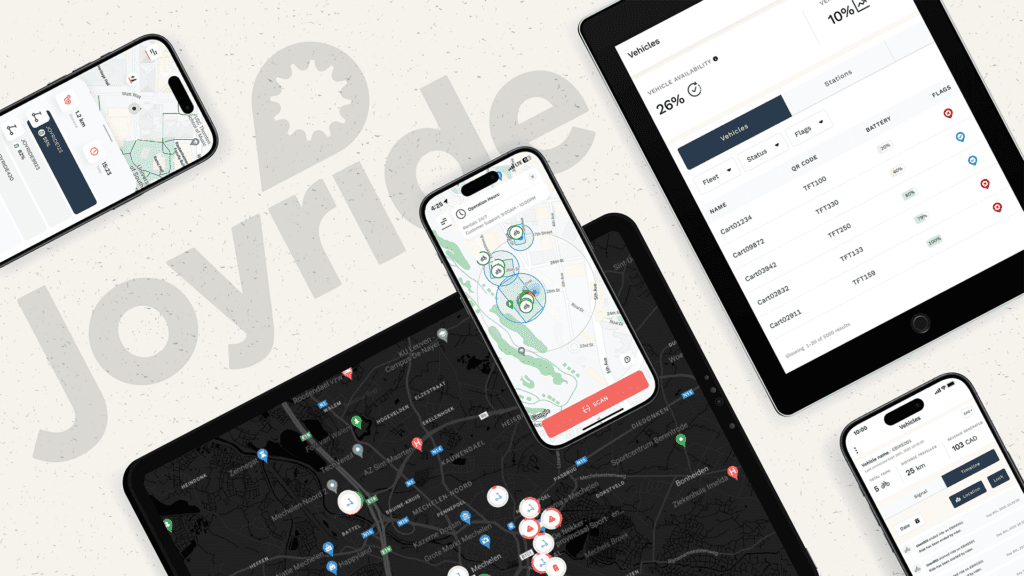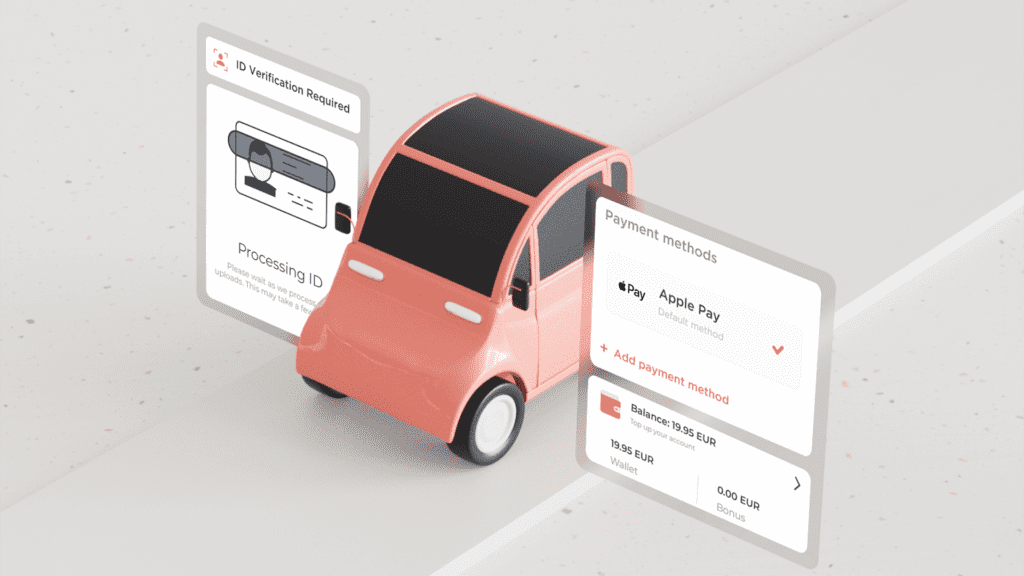If you’re in the business of shareable bikes, scooters or other electric vehicles, it’s important to know where, when and how you’ll source your fleet. Getting the right vehicles at the right time can be challenging, so to help unpack these complexities, our recent Joyride Academy webinar assembled a lineup of experts from across the new mobility supply chain.
Together, they shed light on the journey from factory floor to warehouse door, offering insights on how mobility businesses can source electric vehicles in a timely and cost-effective manner.
Here, we’ve summarized the top three takeaways, but for the full goods head over to Joyride Academy and watch the full webinar recording.
Why is it challenging to get fleet vehicles?
When it comes to vehicle orders, many mobility entrepreneurs are surprised by how much lead time is required to ensure delivery for the operating season (i.e months with good cycling weather). Consumer-grade scooters are ready to ship from hundreds of retailers, so why is it so different to get vehicles fit for rental businesses?
The first thing to understand is that there is a complex pre-production supply chain unto itself in China. Manufacturers are not producing thousands of unsold, ready-to-ship white label fleets. The standard business practice is to secure purchase orders before production commences.
With a 1-2 month production cycle, a new fleet order must be placed with ample time to ensure that it gets on a cargo ship–also allowing enough time for global forwarding and final destination delivery.
1. Advanced planning pays off
With this in mind, the first tip from our experts is to plan your fleet purchase far in advance, looking at 3-5 months at minimum.
If you want to deploy your vehicles for rental in April, purchase them by December at the latest to accommodate the Chinese holidays in February and May. The Chinese New Year holiday on the calendar lasts only seven days, but since all factories close and employees go on holiday, the disruption it causes in manufacturing can last up to 40 days.
If you’re too late for this season, consider buying used or refurbished vehicles. In most scenarios shipping will be continentally available and final delivery can be arranged within 1-5 weeks (plus it’s a strategic way to make your mobility business more sustainable).
2. Strong relationships = sustainable supply chain
Since the majority of shared vehicle supply, which includes e-bikes, scooters, mini-EVs and more, comes from China, understanding local dynamics and cultural nuances is a major strategic advantage.
If you buy “off the shelf” without establishing a relationship with the supplier(s) you may encounter poor after-sales support, being treated like a first time buyer on subsequent orders, and the risk that such a company goes out of business–leaving your fleet fully unsupported.
Our experts recommended visiting manufacturing hubs, such as Jinhua or Changzhou, or working with a supply chain manager based in China who can broker these relationships on your behalf.
A strong relationship with an OEM (original equipment manufacturer) and their supply partners allows both parties more stability and accountability, but before visiting factories in China (or elsewhere), browse and contact our increasing number of vendors on the Joyride Garage’s supplier list.
3. Stay informed of policy changes
The recent 100% tariffs on Chinese electric vehicles announced by the Biden Administration has raised concerns for the potential impact on e-bikes and scooters. Until detailed lists are provided by Customs and Border Protection, the full extent of the impact on shared micromobility vehicle prices is still uncertain.
This, coupled with ongoing political tensions and conflicts, such as those in the Red Sea, poses a threat to the stability and efficiency of the new mobility supply chain. Shipping prices and lead times continue to rise for sharing-ready vehicles, along with essential components like batteries, electronics, and replacement parts.
The third tip from our experts is to keep informed of policy changes, geopolitical developments, and industry trends to anticipate and adapt to such challenges. Reducing reliance on a single region or supplier can mitigate the risk of tariffs and political instability completely shorting your supply chain (though mixed brands adds complexity to fleet maintenance).
If navigating policy changes and tariffs feels overwhelming, consider partnering with a trusted global forwarding company or logistics expert to manage your fleet’s journey from factory to final destination. These professionals are well-versed in current regulations and can help minimize import duties, insurance costs, and customs delays.
For EU and UK customers, where multi-layered trade zones and varying taxation scenarios come into play, this can be especially crucial. Contact the Joyride Garage team here to explore your options with one of our mobility hardware experts.
Watch the webinar replay
To dive deeper into these tips and learn more strategies for navigating the complexities of the new mobility supply chain, watch the full webinar on Joyride Academy.
With extensive experience across the new mobility landscape, Markus Dammann, Product Manager B2B E-Commerce of Joyride Garage, moderated this discussion featuring Hasan Erdal, Supply Chain Sourcing Manager for Seyyara, Adnan Baig, Senior Operations Manager for Yadea, and Damian Young, Founder & CEO of Zeus Scooters.
You’ll get a look at:





